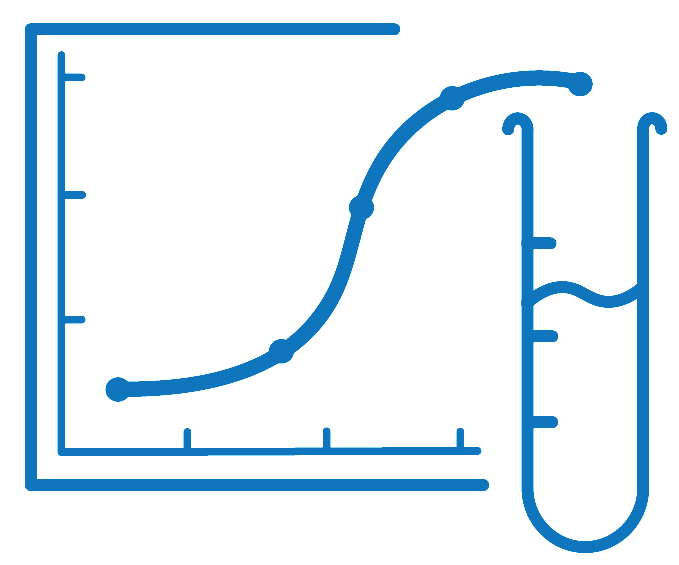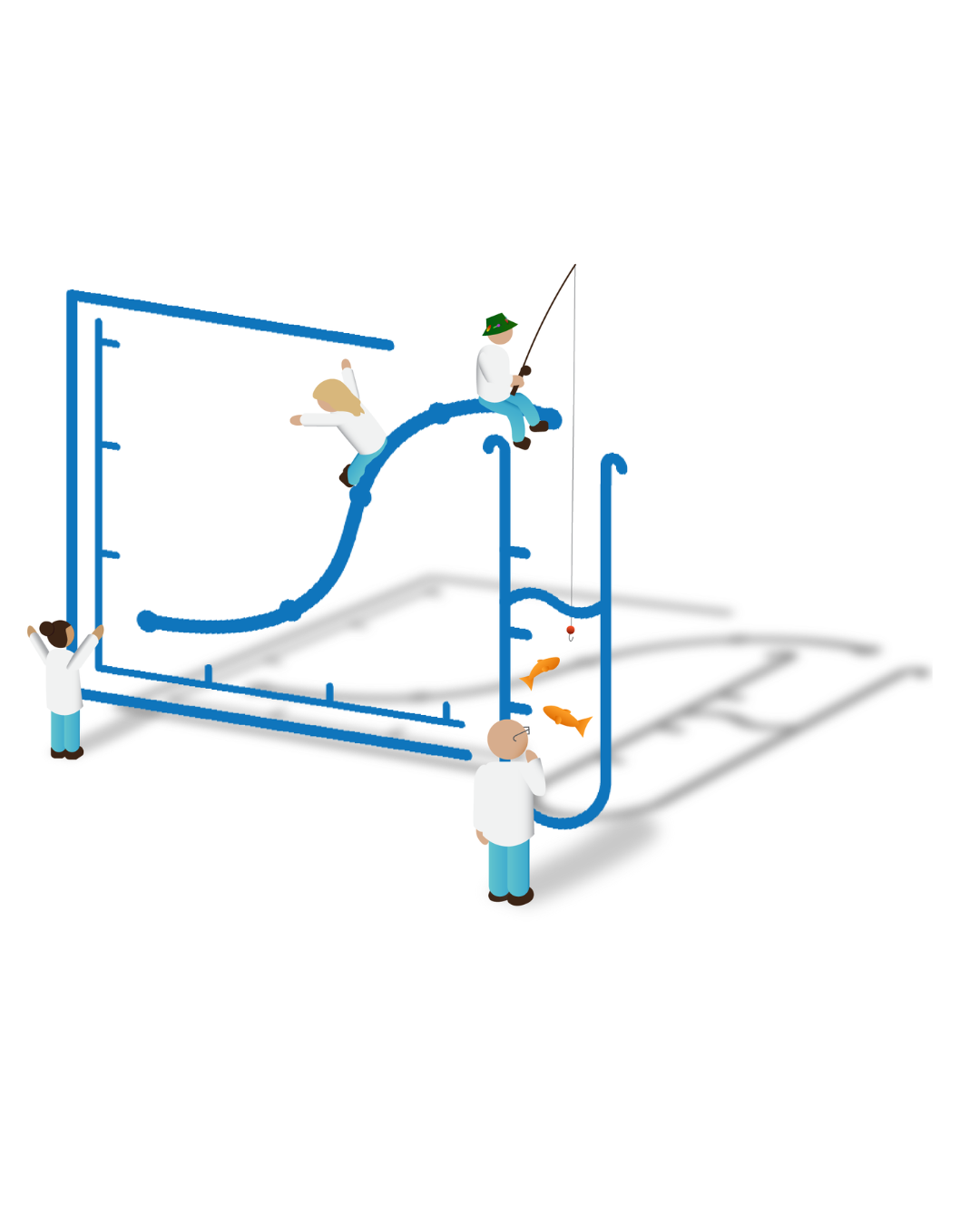Help accelerate success of your biopharmaceutical development.
GRA has dedicated experts who provide extensive support for Assay Development and Quality Control (QC) to ensure and accelerate the successful development of biopharmaceutical molecules across multiple modalities, platforms, indications and routes of administration. Quality assessed data from statistically designed experiments and models ensure data used for machine learning is robust.
Assay Development is a critical process in the pharmaceutical and biotechnology industries, involving the creation, optimisation and validation of methods to measure the presence, amount, or activity of a substance (e.g., a drug, biomarker), or contaminant (including toxicology studies on raw materials)) as per ICH guidelines. This process ensures that assays are reliable, reproducible, and suitable for their intended purpose, but ensuring the appropriate effort (considering cost and time) is applied to the assay dependent on the pre-clinical or clinical phase of the product. More complex assays are developed to support product characterisation and comparability during the product lifecycle; these are not subject to the same ICH regulations.
Click here to Get the Guide.

Product Critical Quality Attributes (CQAs)
The Critical Quality Attributes (CQAs) of a product are essential information, with methods specifically developed to measure these. The product's specifications lay out what is to be measured, containing ranges and pass/fail criteria on which product is released.
Analytical Development
Analytical methods must be rigorously developed that can help measure a product's identity, content, potency and impurities. Ultimately these methods are used by Quality Control (QC) to test the product.

Method Optimisation
Methods must be optimised to ensure that they are both robust and rugged. ICH Q14 provides detailed guidance and best practice for developers. Quality by Design (QbD) principles can be applied, included Design of Experiments (DoE) approaches to systematically build reliable methods.
Validated
Methods need to be validated in a phase appropriate manner. This requires alignment with ICH Q2 regulatory guidance to ensure the method is fit for purpose. This includes specificity, accuracy, linearity, precision and range.
Reference Preparations
Preparation of references to use as standards and controls, both positive and negative, are essential to ensure method control. Routinely testing controls during method use allows the analyst to be confident that the method is performing as expected and that the results generated at the time are valid.

Quality Control (QC)
Developed methods are used routinely to test products produced in manufacturing facilities working to Good Manufacturing Practice (GMP) guidelines. QC methods are critical for ensuring that the integrity and quality of the biopharmaceutical throughout their development lifecycle.
Download this guide here.
For more information on how we help, click here.